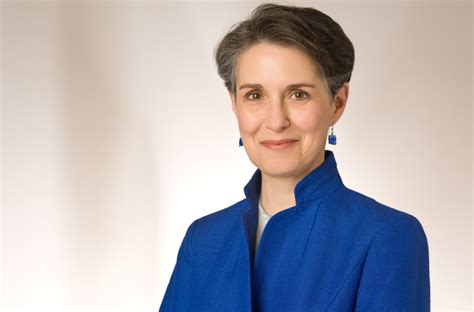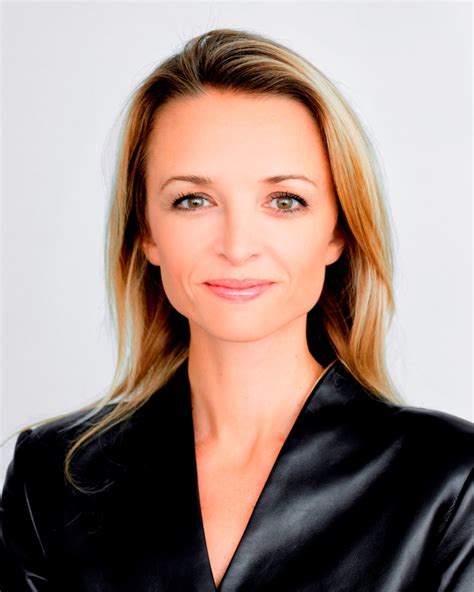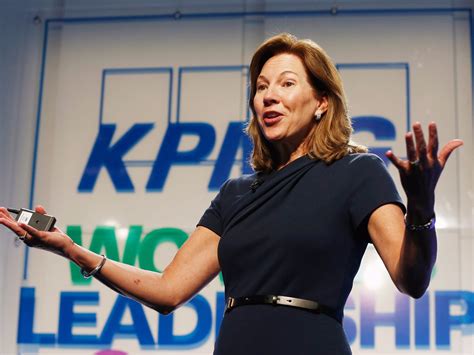A Quote by Lily Cole
It's not that I don't believe in creativity and innovation and new ideas, and the creativity that comes with fashion, which I really respect. But one of my biggest concerns is just how cheap we expect everything to be.
Related Quotes
Someone once said that innovation is a done idea. I agree. I believe that creativity is the individual development and conceptualization and that innovation in an organizational sense is implementing ideas and intentions that come from that creativity. So in a sense, creativity is more a leadership function and innovation is more a managerial function.
It's the unlikely juxtaposition of creativity and logic which causes the wooliness and confusion around the term 'innovation'. Everybody wants to be innovative; many companies and ideas are proclaimed to be innovative and no one doubts that innovation is a money spinner. And, thus, we are all looking for the magic formula. Well, here you go: Creativity + Iterative Development = Innovation.
Innovation is a subset of creativity. Innovation often deals with product launches and is often relegated to the C-suite or to heads of R&D departments. Innovation requires creativity, but creativity is something that is much more broad. It applies to people at all levels of an organization. Today, we all are responsible for delivering "everyday creativity". Small creative acts that add up to big things.
Creativity is the generation and initial development of new, useful ideas. Innovation is the successful implementation of those ideas in an organization. Thus, no innovation is possible without the creative processes that mark the front end of the process: identifying important problems and opportunities, gathering relevant information, generating new ideas, and exploring the validity of those ideas.
A conditioned mind may be inventive; it may think up new ideas, new phrases, new gadgets; it may build a dam, plan a new society, and all the rest of it; but that is not creativity. Creativity is something much more than the mere capacity to acquire a technique. It is because this extraordinary thing called creativity is not in most of us that we are so shallow, empty, insufficient. And only the mind that is free can be creative.
In the business world, there are systems and processes for just about everything else. Yet creativity and innovation, arguably THE most important aspects of progress, are often left to happen by chance. The system provides a scaffolding for creative support and exploration, yet is open enough to avoid curbing creativity or outputting cookie-cutter solutions.
Most people believe a new idea must be fully baked and ready-for-primetime. That is like saying a newborn child should have a college degree and be self-sustaining on day one. Like children, new ideas need to be nurtured, shaped, and protected. People often hold back ideas since they are not ready to defend sharp criticism. Companies that celebrate "creative sparks" and reserve judgment while ideas mature are the ones that enjoy significantly more creativity and innovation.
Creativity and innovation are something you can’t flowchart out. Some things you can, and we do, and we’re very disciplined in those areas. But creativity isn’t one of those. A lot of companies have innovation departments, and this is always a sign that something is wrong when you have a VP of innovation or something. You know, put a for-sale sign on the door.


































